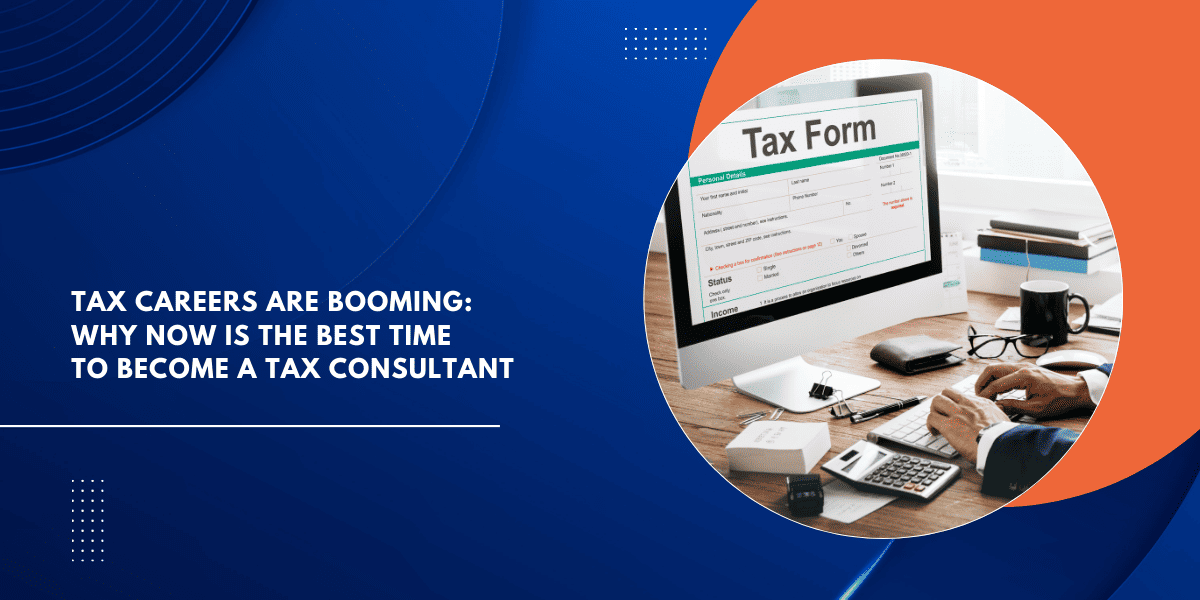Blog written by Indu R Eswarappa, Career Coach & Education Change-Maker
When I first stepped into the world of work, I quickly realized something important — every company, no matter how big or small, runs on people. Machines, strategies, and technology are essential, but it’s the people behind them who truly make the difference. That’s where Human Resource (HR) Managers play a big role — they are the bridge between employees and management, making sure people feel valued, motivated, and supported while aligning their growth with the company’s success.
If you’ve ever found yourself being the go-to person in your group — the one friends turn to for advice, conflict resolution, or career guidance — you may already have the makings of an HR professional. Becoming an HR Manager is not just about hiring and firing; it’s about building trust, nurturing talent, and shaping workplace culture.
In this blog, I’ll walk you through how to become an HR Manager step by step — from the responsibilities you’ll take on, the education you’ll need, the skills to master, to the exciting growth and salary opportunities you can expect. By the end, you’ll have a clear roadmap to decide if this people-focused, rewarding career is the right path for you.
Key Responsibilities and Work Environment
When I first shadowed an HR professional during an internship, I was surprised to see how diverse their role actually was. From sitting in on interviews in the morning to resolving employee conflicts in the afternoon, and then preparing training modules before heading home — no two days looked the same.
As an HR Manager, your responsibilities stretch far beyond paperwork; you become the architect of workplace culture and the backbone of employee engagement. Let’s break down what you’ll actually do in this role and the kind of environment you’ll be working in.
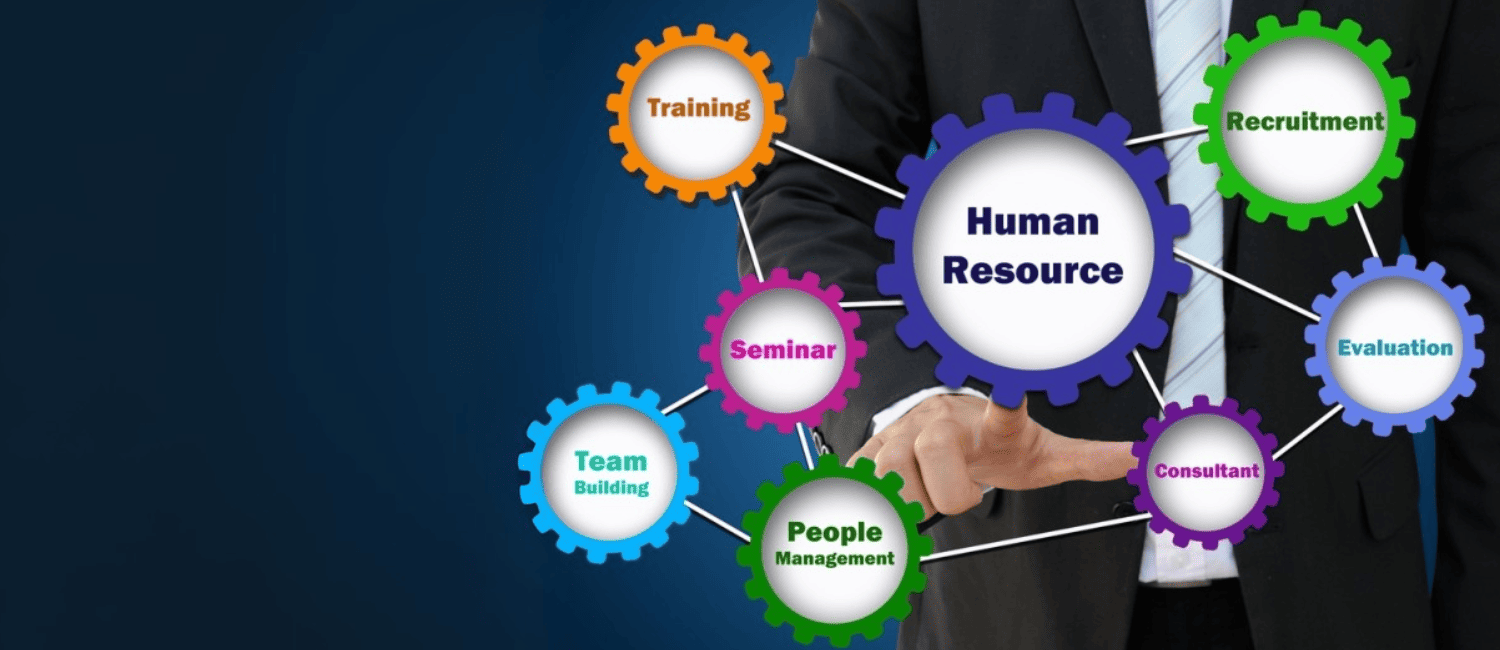
Key Responsibilities of an HR Manager
- Recruitment and Staffing
HR Managers oversee the hiring process — from crafting job descriptions to conducting interviews and onboarding new employees. They make sure the right talent joins the right role. - Employee Relations and Conflict Resolution
A huge part of HR is people management. HR Managers listen to employee concerns, mediate conflicts, and foster healthy communication between teams and leadership. - Training and Development
To help employees grow, HR Managers design and implement training programs, mentorship opportunities, and skill development workshops. They focus on both professional and personal development of employees. - Performance Management
HR Managers set up appraisal systems, monitor performance metrics, and ensure employees are recognized and rewarded for their contributions. This motivates employees and aligns their goals with company objectives. - Policy Formation and Compliance
They create, update, and enforce workplace policies in line with labor laws, diversity standards, and ethical guidelines. Ensuring compliance with regulations is one of their most critical responsibilities. - Compensation and Benefits
HR Managers design salary structures, bonuses, health plans, and perks to ensure employees feel valued while keeping the company competitive in the market. - Shaping Workplace Culture
Beyond rules and regulations, HR Managers actively work on building a positive work culture — encouraging inclusivity, collaboration, and employee satisfaction.
Work Environment for HR Managers
The work environment of an HR Manager is dynamic and people-focused. You’ll typically work in office settings across industries like IT, healthcare, finance, education, manufacturing, and startups. HR Managers often spend their day moving between:
- One-on-one meetings with employees or leadership.
- Team discussions to improve workplace initiatives.
- Training sessions to develop staff skills.
- Policy planning and administrative work to align with company goals.
With the rise of remote and hybrid work models, HR Managers also rely heavily on digital tools like HRIS (Human Resource Information Systems), video conferencing, and performance-tracking software. This makes adaptability a crucial part of the work environment.
In short, HR Managers thrive in collaborative, people-driven spaces where every decision they make directly impacts employees’ satisfaction and the company’s long-term success.
Educational Pathways and Required Qualifications
When I first thought about HR as a career, I assumed it was just about having “good people skills.” But soon I realized that becoming an HR Manager requires both academic training and continuous upskilling.
The journey combines formal education, professional certifications, and practical experience. Whether you’re a student just starting out or a professional looking to pivot into HR, here’s a clear roadmap.
Education and Entrance Exams (India & Abroad)
Just like other career pathways, aspiring HR professionals often need to clear entrance exams for higher education.
Tip: With the right mix of education and skills, you’ll be well-prepared to step into HR roles that pave the way toward becoming a successful HR Manager.
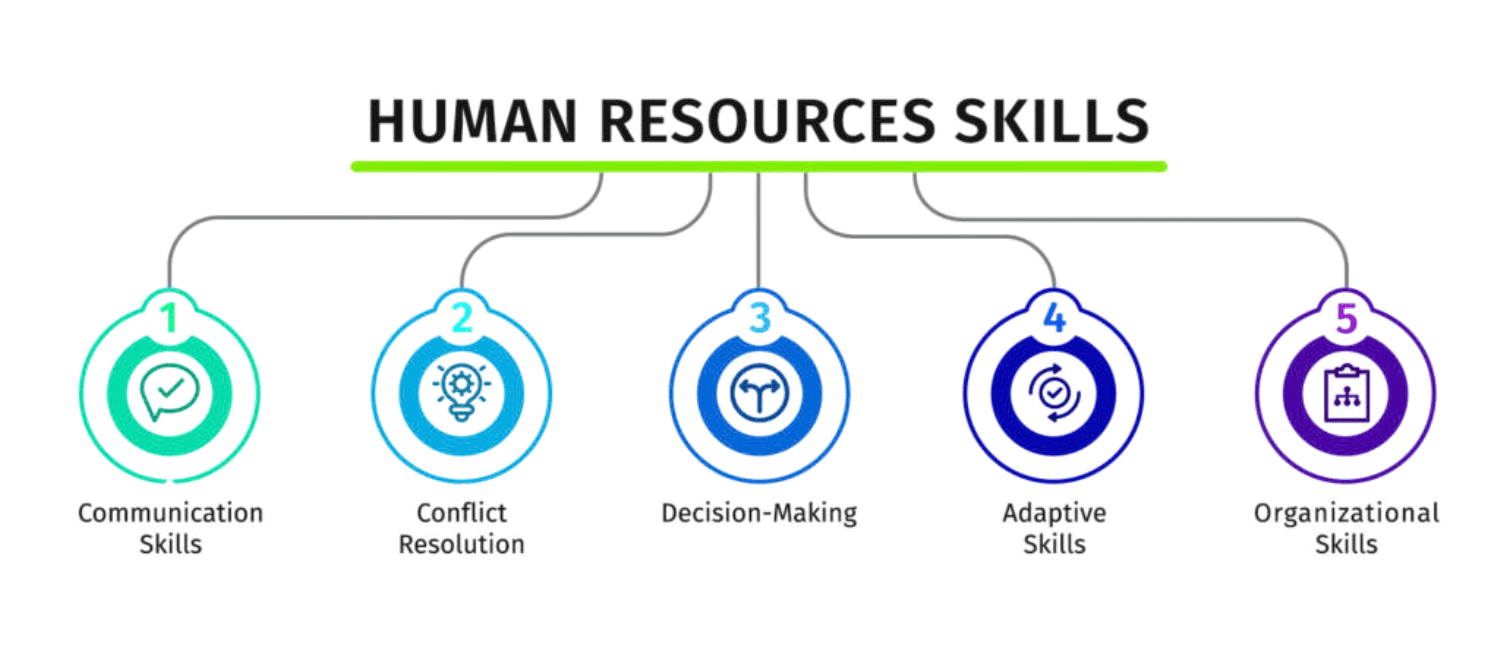
Necessary Soft Skills and Technical Abilities
Think back to the best teacher, mentor, or even manager you’ve ever met—what made them stand out? Chances are, it wasn’t just their knowledge but their ability to listen, guide, and bring out the best in people. That’s exactly what an HR Manager does every day.
To excel in this role, you need a mix of soft skills that build trust and relationships, and technical abilities that help you navigate modern HR systems. Together, they form the backbone of a successful HR career.
Soft Skills
- Communication Skills
An HR Manager must communicate clearly and empathetically with employees, managers, and executives. Whether it’s resolving conflicts, explaining policies, or motivating teams, your words shape workplace culture. - Emotional Intelligence (EQ)
HR is all about people. Having strong EQ helps you read situations, understand emotions, and respond in a way that builds trust and maintains harmony. - Conflict Resolution
Disagreements in the workplace are inevitable. An HR Manager should be skilled at resolving disputes fairly and diplomatically so that productivity and morale remain high. - Decision-Making
From hiring the right talent to enforcing policies, HR Managers make tough calls. Strong decision-making skills help ensure fairness, compliance, and business growth. - Leadership & Influence
HR Managers are not just administrators—they’re leaders who influence company culture. Leading training sessions, mentoring juniors, and inspiring employees require strong leadership.
Technical Abilities
- HR Software & Systems Knowledge
Modern HR relies on HRMS/HRIS tools like SAP SuccessFactors, Workday, or Zoho People. Knowing how to use these systems is essential for managing payroll, attendance, and employee data efficiently. - Talent Acquisition Tools
Recruitment platforms like LinkedIn, Naukri, and applicant tracking systems (ATS) are critical. HR Managers must know how to optimize job postings, track applicants, and analyze hiring data. - Data Analysis and HR Metrics
Today’s HR decisions are data-driven. An HR Manager must understand metrics like attrition rate, employee engagement score, and recruitment ROI to make informed decisions. - Knowledge of Labor Laws and Compliance
HR Managers ensure the company stays compliant with labor laws, employee rights, and workplace safety regulations. This protects both employees and the organization. - Training & Development Programs
Designing and implementing training modules is another key ability. HR Managers must understand adult learning principles and use digital platforms to upskill employees.
Skills You Need Alongside Education
Beyond degrees and certifications, HR Managers need soft and analytical skills such as:
- Strong communication and negotiation abilities
- Empathy and emotional intelligence
- Organizational and leadership skills
- Knowledge of HR software tools (HRIS, SAP, Workday, Zoho People)
- Analytical thinking for HR data and workforce planning
Career Progression and Growth Opportunities
When you think about your career, do you imagine it as just a job or as a journey of growth and leadership? Becoming an HR Manager is rarely the final destination—it’s often a stepping stone to even greater responsibilities.
The beauty of an HR career lies in its versatility: you start by understanding people and processes, but over time, you grow into a strategist who shapes company culture and drives organizational success. And now, with AI transforming HR, the role is evolving faster than ever.
AI handles routine tasks like resume screening, payroll, and attendance tracking—freeing HR professionals to focus on what truly matters: building employee engagement, driving inclusion, and using data insights to shape workforce strategies. Instead of replacing HR, AI has expanded its scope—turning HR leaders into architects of both people and performance.
If you’ve ever wanted a role where growth is constant and technology amplifies your impact, the HR pathway has plenty to offer.
Typical Career Path in HR
- HR Assistant / Coordinator (Entry Level): Handles records, interview scheduling, and payroll support—building a foundation in core HR tasks.
- HR Executive / Specialist (Early Career): Focuses on recruitment, training, or engagement while developing functional expertise.
- HR Manager (Mid-Level): Leads teams, resolves employee issues, and ensures HR aligns with business goals and compliance.
- Senior HR Manager / HR Business Partner (Advanced): Becomes a strategic partner, influencing workforce planning and shaping policies.
- HR Director / Head of HR (Leadership): Drives company-wide HR strategy, leads large teams, and manages organizational change.
- CHRO / VP of HR (Top Leadership): Sits on the executive team, shaping culture, talent strategy, and long-term business growth.
🔹 The AI Shift: Today, HR isn’t just about people management—it’s about people and data. AI tools now handle repetitive tasks (like resume screening or payroll), while HR leaders focus on data-driven decisions, employee experience, and future-ready workforce strategies.
Growth Opportunities in HR
- Specializations: HR spans diverse niches like Talent Acquisition, L&D, Compensation, and Employee Relations—choosing one can fast-track career growth.
- Industry Mobility: From IT to healthcare or startups, HR expertise is transferable across sectors.
- Global Careers: Certifications like SHRM or CIPD open doors to international roles.
- Entrepreneurship: Many seasoned HR professionals launch their own consultancies or training firms.
- Continuous Learning: With AI, HR analytics, and remote work trends, upskilling in digital tools ensures long-term relevance.
Salary Expectations and ROI
One of the most common questions I get from aspiring HR professionals is—“Is a career in HR financially rewarding?” The answer is a resounding yes. While HR roles are primarily people-driven, the compensation is competitive and grows steadily with experience, specialization, and industry. The real value, however, is not just in the paycheck but also in the return on investment (ROI)—the skills, recognition, and leadership opportunities you gain along the way.
Average Salary for HR Managers in India
- Entry-Level (0–3 years of experience): ₹3.5 LPA – ₹6 LPA
- Mid-Level (4–8 years of experience): ₹7 LPA – ₹12 LPA
- Senior-Level (10+ years of experience): ₹15 LPA – ₹25 LPA+
(Source: Glassdoor India, AmbitionBox 2025 reports)
HR Managers in top metros like Bangalore, Mumbai, and Delhi often command 20–30% higher salaries than the national average, due to higher demand and cost of living.
Global certifications like SHRM, CIPD, or HRCI can significantly increase your earning potential and open international career opportunities.
Return on Investment (ROI)
The ROI of becoming an HR Manager comes from three key areas:
- High Demand Across Industries
HR professionals are required in IT, healthcare, retail, manufacturing, and startups alike—making your skill set highly transferable. - Leadership and Influence
Unlike many roles, HR managers directly influence company culture, talent strategy, and organizational success—giving you an edge in long-term career stability and recognition. - Upskilling and Career Longevity
With short-term courses in HR Analytics, Labor Laws, AI in HR, or Leadership Development, you can quickly boost your ROI by unlocking higher-paying roles or international jobs.
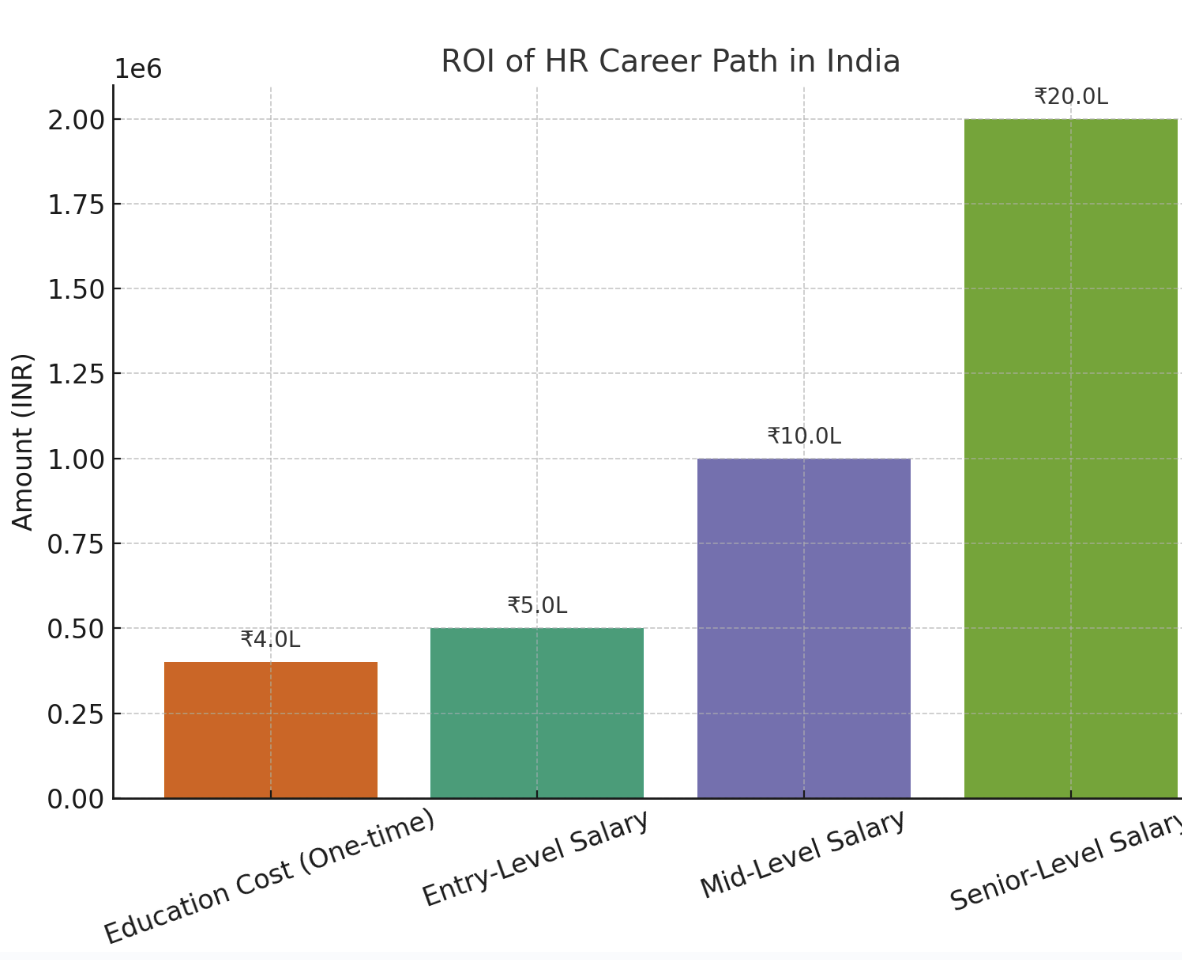
Here’s a bar graph showing Return on Time (ROT) across different HR career stages. The values show average years needed at each stage:
- Education: ~4 years (typical degree duration)
- Early Career: ~3 years to establish entry-level HR credibility
- Mid-Career: ~5 years to move into leadership roles
- Senior Career: ~12 years to reach top leadership (Director/CHRO level)
This reflects the time invested vs. establishment in the HR field
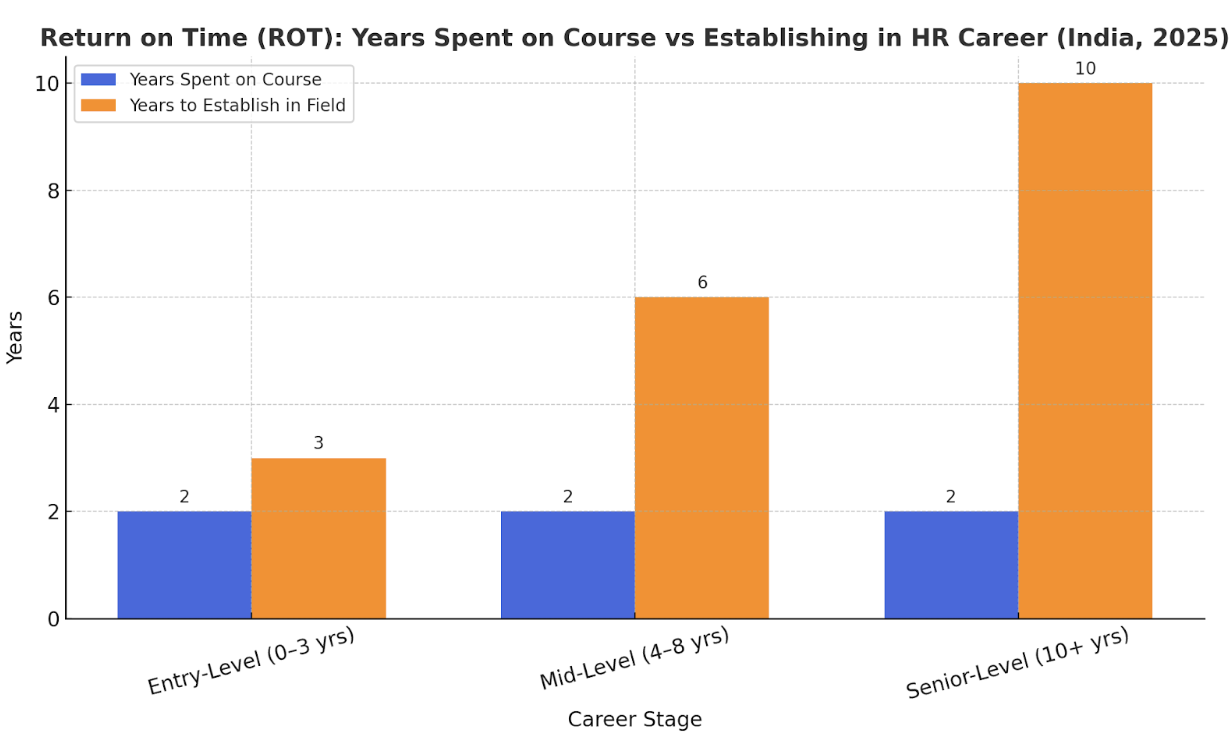
Takeaway: A career as an HR Manager isn’t just financially sustainable—it’s one of the few fields where your investment in skills and education directly translates into long-term career growth, leadership opportunities, and global mobility.
Conclusion: Is HR Management the Right Path for You?
Becoming an HR Manager isn’t just about managing policies or handling paperwork—it’s about shaping the heart of an organization. From guiding young graduates through their first job to helping CEOs build thriving workplace cultures, HR professionals play a central role in every business story. The journey requires education, empathy, leadership, and resilience, but the rewards—both financial and emotional—make it a fulfilling career path.
For parents, supporting your child’s dream of becoming an HR Manager means investing in a profession that promises steady growth, global demand, and a chance to make a real impact. For students, it’s about developing both the technical know-how and the people-first mindset that modern businesses desperately need.
✅ Ready to take the next step?
Don’t leave your child’s career to chance. With the right career counselling, roadmap, and mentorship, they can confidently step into the world of HR management and thrive.




